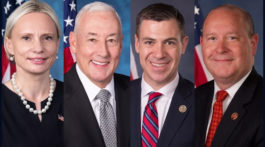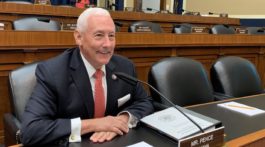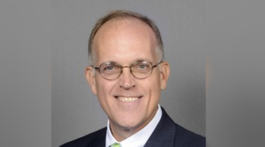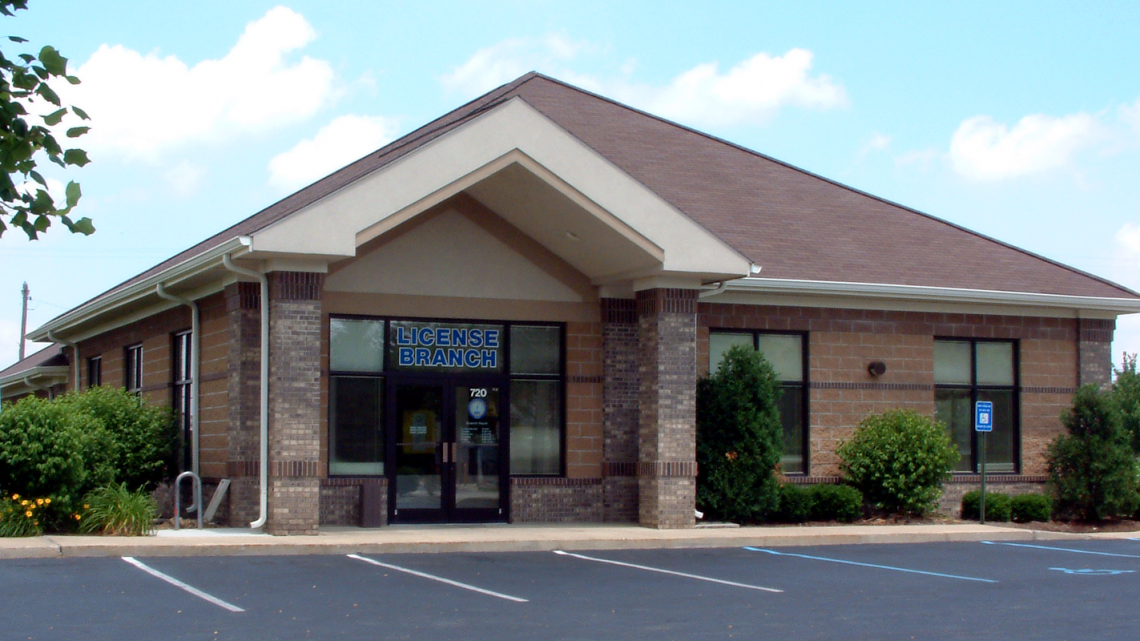As the Indiana Bureau of Motor Vehicles issues nearly $30 million in additional refunds to customers who were overcharged, the agency is also taking aim at the law form that filed a class action suit against it.
On Friday, BMV Commissioner Kent Abernathy announced approximately 5- million customers who were overcharged by BMV have received an additional $28.75 million in refunds by way of credits to their BMV accounts.
“Customers who were overcharged will find credits on their accounts that can be applied to their next transaction, or they can request a check from the BMV,” said Abernathy. “We are currently determining the most efficient ways to contact customers about their refunds, including email notification, postcards, and online notification through BMV’s website,” he added.
The agency says those overcharges — and undercharges — were, in large part, due to the overly complex fee structure that existed throughout the Indiana Code for several years prior to recent statutory changes made through House Enrolled Act 1087. This was a product of collaboration between BMV and Indiana’s General Assembly.
The BMV also had tough words for Irwin Levin and his firm, Cohen & Malad, LLP, counsel for plaintiffs in the current class action lawsuit against BMV. The law firm filed a court order demanding that BMV take back one-third of the refunds it has already provided to customers who were overcharged. The BMV says Levin wants that money “set aside” for him and his firm.
“BMV has been issuing refunds since before the current lawsuit, which Mr. Levin claimed was filed to benefit BMV’s customers. Mr. Levin also claimed to be representing the best interests of Hoosier taxpayers. This request for the court to order BMV to take money away from those same taxpayers flies in the face of Mr. Levin’s claim to be representing their best interests,” said BMV General Counsel Adam Krupp. “It is stunning and inappropriate for Mr. Levin, or any lawyer, while claiming to represent Hoosiers’ best interests, to directly seek to take money out of Hoosiers’ pockets,” Krupp added.













